If, as Shakespeare observed, “all the world is a stage, and all its men and women merely players,” no place is that truer than the modern American university.
In the first study of its kind, 88 percent of Northwestern and University of Michigan students admitted they “have pretended to hold more progressive views than [they] truly endorse to succeed socially or academically.” While the phenomenon of college students pretending to be more liberal than they actually are to make life easier for them as they attend these hotbeds of radicalism is not surprising, the true scale of it is.
But how have we got here? If you’re looking for a single explanation, I’m sorry to disappoint you. The modern college environment is a perfect storm of several factors working together.
Faculty and student demographics deserve some blame. It’s no secret that university professors across the country are overwhelmingly progressive. Student demographics are no better. Female enrollment at universities has reached record highs and 71 percent of female students at top American universities identify as liberal.
It’s hard enough to be your authentic self when that means risking either your social or your academic status. But for many conservatives on campus, it means risking both. We shouldn’t be surprised that conservative students keep their heads down and try to blend in. This also applies to students who are liberal – but not that liberal. After all, if a student supports a centralized economy, that does not logically require her to support gender ideology. But if all her friends claim to support gender theory, and if her professor does, she may find herself labeled an “outsider” merely for defending biological reality.
Social media makes this problem much worse. College students today navigate campus politics along with Instagram, TikTok, and online “cancel culture.” Cameras are everywhere, and everyone has social media followings. Going viral for all the wrong reasons is a nightmare.
Twenty years ago, a student could make a mistake or do something controversial without the whole campus knowing about it. And even if the whole campus knew, the whole country did not. But today, students who behave controversially often risk internet infamy in the process. Scandalous news spreads far and wide, and it often comes with a picture or video. Getting “canceled” today often means enduring threats, abuse and harassment from people who don’t attend your school and who never will.
You probably don’t know the name Marcus Stokes. But you probably should.
In 2022, Marcus Stokes was a white Florida high school senior and four-star quarterback prospect. He’d recently accepted a scholarship offer from the University of Florida. That changed when Stokes posted a video of himself singing a popular rap song that included a racial slur. The slur wasn’t directed at any individual; Stokes was just singing a rap song. But because the clip was only a few seconds long, it was devoid of context. Stokes obviously made a poor decision, but it did not justify what happened next.
Social media went ballistic, and sparked news stories from national outlets like Sports Illustrated, CBS and TMZ. Stokes briefly became a national villain whose face was plastered across the internet because he dared to sing a popular rap song. Predictably, Stokes immediately lost his scholarship to Florida.
Two months later, Stokes received a new scholarship offer from Albany State, a historically black university. That should have been the end of things. Instead, the internet browbeat Albany State’s football program for four straight days. Finally, Albany State’s head coach publicly apologized for recruiting Stokes and he revoked Stokes’s scholarship offer.
Now, you may think that Stokes deserved what he got. But even if that’s the case, Mary Kate Cornett certainly didn’t. Cornett is a 19-year-old student at the University of Mississippi. Cornett became an unwilling internet celebrity this year when she was accused of sleeping with her boyfriend’s dad. The story absolutely blew up on social media. There was just one problem: the story was completely false.
The Cornett rumor came from YikYak, an app that lets users anonymously circulate gossip. But the rumor’s shaky foundation didn’t stop millions of internet users, including national talk shows, from spreading it. Think about that for a second. An anonymous internet rumor with zero evidence destroyed a 19-year-old girl’s reputation in a matter of days. If you’re a college student, do you really want to risk angering the wrong person by challenging their beliefs?
While these rumors merely destroy reputations, getting “canceled” for political reasons often involves physical threats. At the University of Texas, for example, a liberal student group threatened and attempted to doxx incoming UT freshman who supported Trump. These threats are not empty, either. Earlier this year, masked protestors disrupted a TPUSA event at UC Berkeley, assaulted the conservative students and destroyed their tent. It’s hard for a student to own their beliefs when they don’t feel safe doing so.
That brings me to the third problem: weak administrators. Romm and Waldman conducted their study between 2023 and 2024. During that period, pro-Palestine students at Northwestern and Michigan engaged in protests that were often contentious, violent and downright riotous. Both universities indulged these protests for weeks or even months. At Michigan, for example, the university allowed a “pro-Palestine encampment” to exist for almost a month. The university stood by while the protests “descended into violence” and the protestors led “assault[s] on law enforcement officers” (Those are University of Michigan President Santa Ono’s words, not mine). The university finally broke up the encampment because it violated Michigan’s fire code.
Northwestern indulged a similar encampment and sent faculty members to negotiate with the protestors rather than involve the police. The university’s Dean of Students “attended an anti-Israel protest… targeting Hillel, the school’s Jewish student community center.” And some Northwestern professors dispensed with class attendance requirements and offered make up classes. The University responded merely by “convey[ing] with departments and programs that this is not appropriate.” Northwestern behaved so badly that the Department of Education opened an investigation against the university, citing “widespread antisemitic harassment.”
When you combine all three elements, you give college students the following message: Your professors and peers all hold certain beliefs. If you challenge those beliefs, then your academic, personal, and professional life may suffer. In fact, you may wake up and find national television hosts discussing horrible (and fake) rumors about you. Your fellow students may even physically assault you. After all, 33 percent of Northwestern students believe violence is justified “to stop a campus speech.” And throughout all of this, the administration will probably sit on its hands.
Put yourself in a 18-year old student’s shoes. How often would you speak up?
The students bullied into being woke
Eighty-eight percent of students admitted they ‘have pretended to hold more progressive views… to succeed socially or academically’
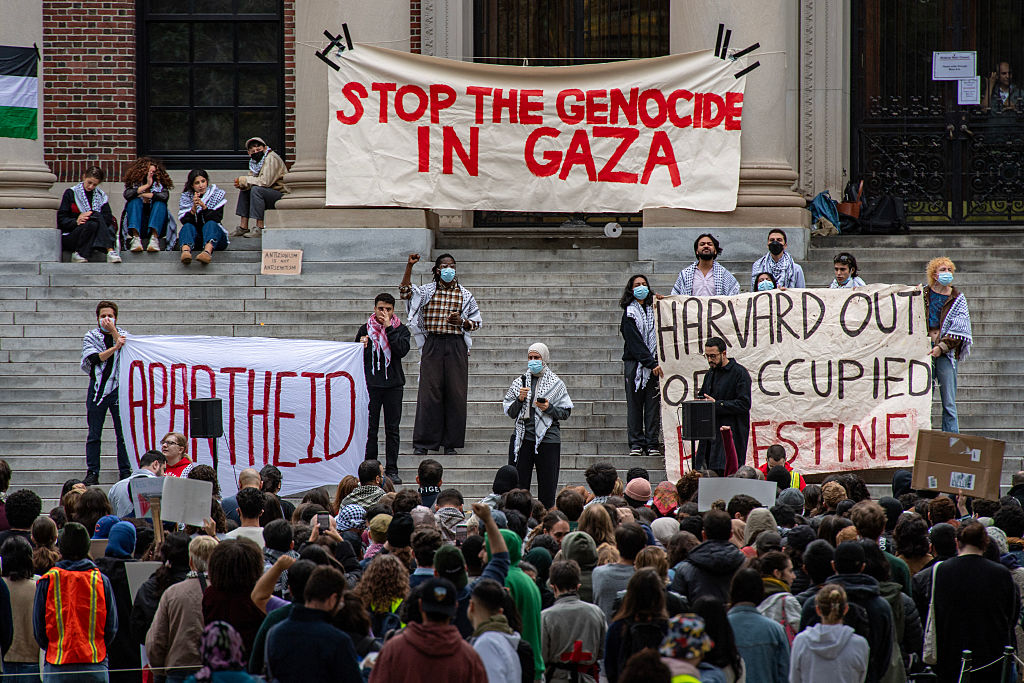
Supporters of Palestine gather at Harvard University. (Getty)
If, as Shakespeare observed, “all the world is a stage, and all its men and women merely players,” no place is that truer than the modern American university. In the first study of its kind, 88 percent of Northwestern and University of Michigan students admitted they “have pretended to hold more progressive views than [they] truly endorse to succeed socially or academically.” While the phenomenon of college students pretending to be more liberal than they actually are to make life easier for them as they attend these hotbeds of radicalism is not surprising, the true…












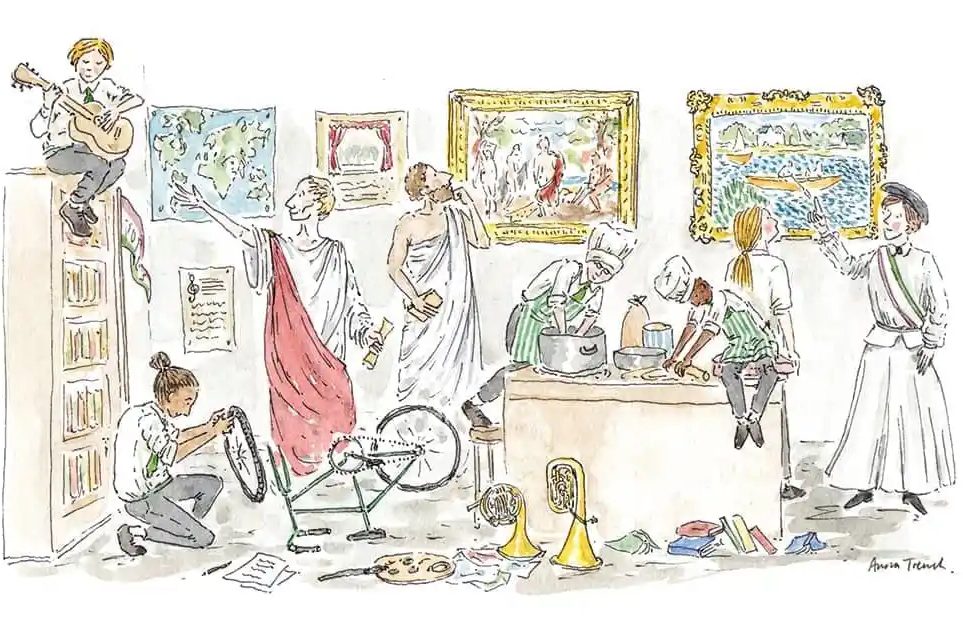

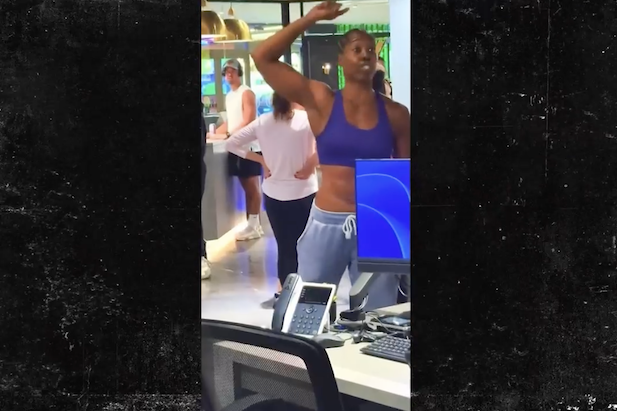

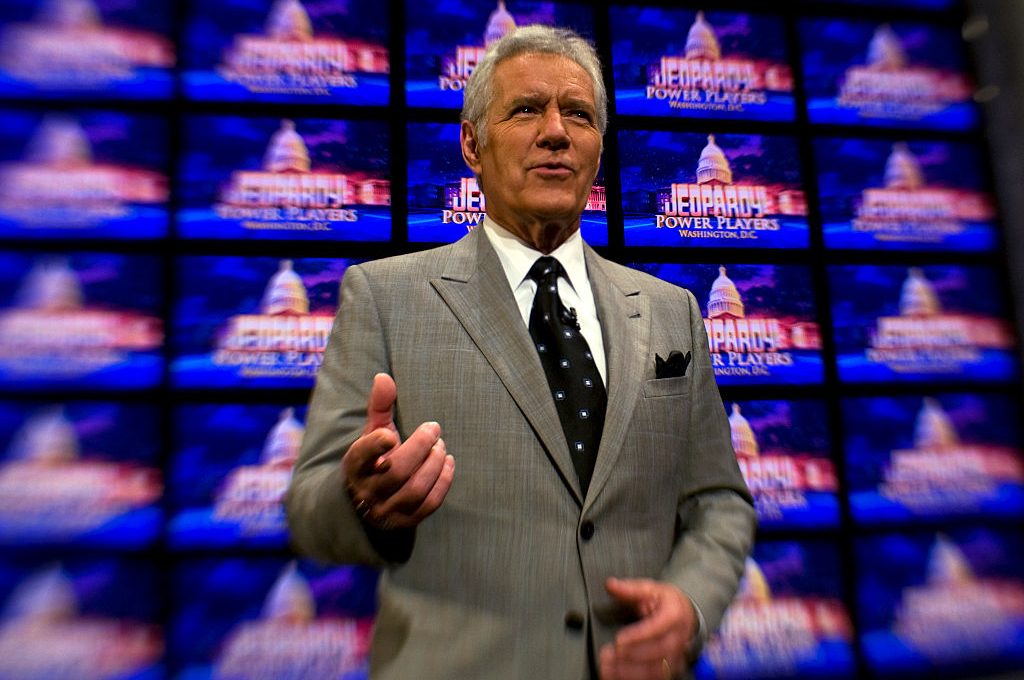
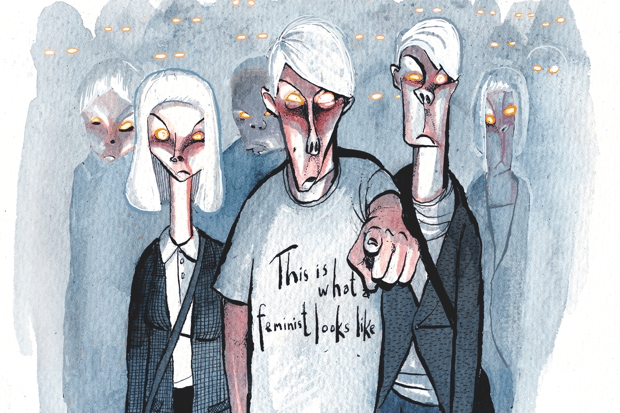







Leave a Reply